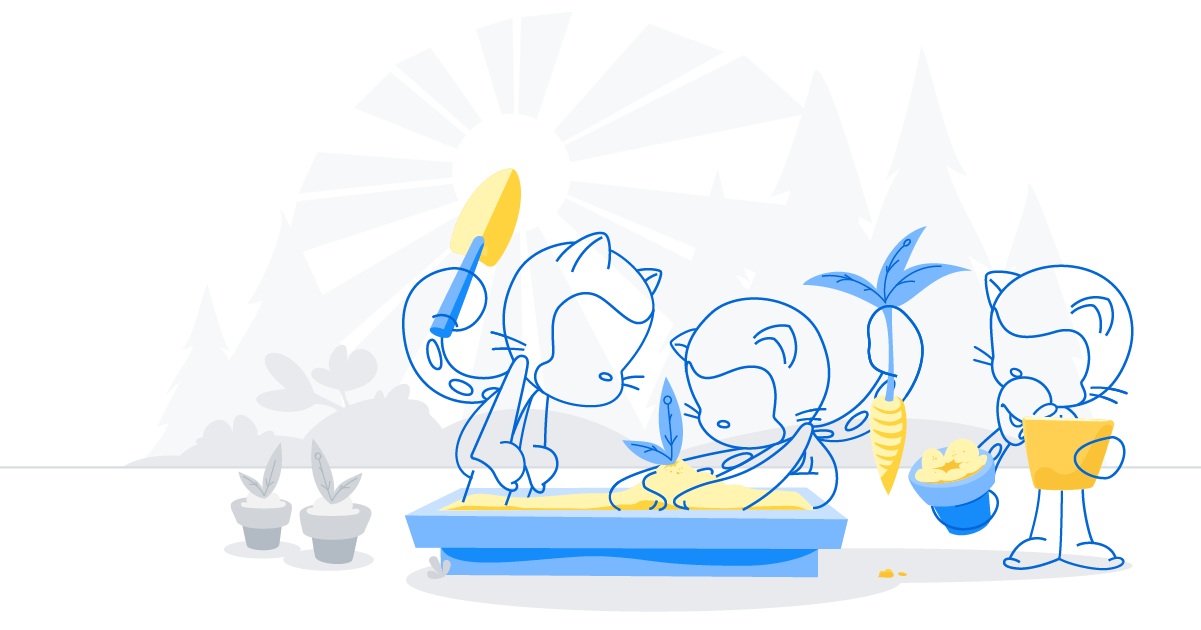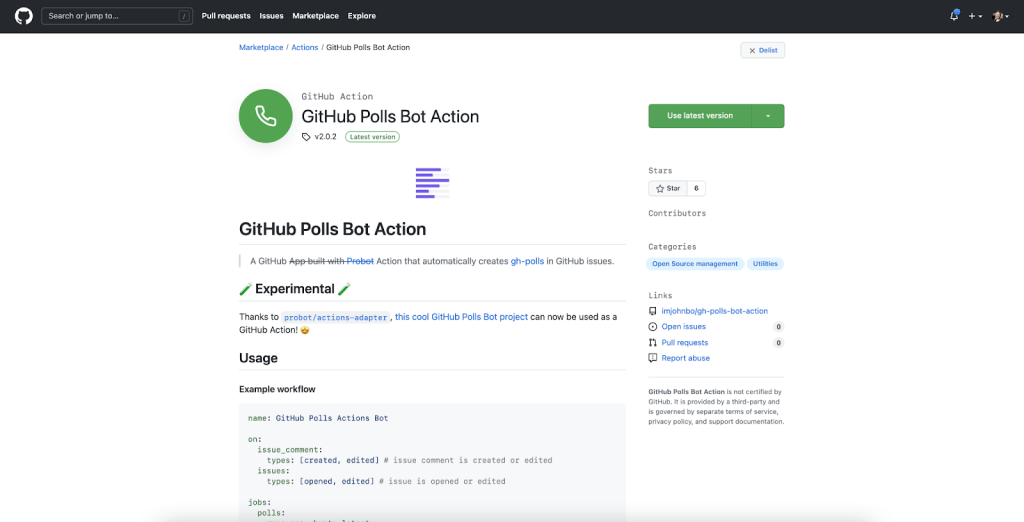GitHub Marketplace welcomes its 10,000th action
GitHub Marketplace just passed 10,000 published actions! Learn about contributing to this growing open source ecosystem.

By now, you’ve probably heard of GitHub Actions, the automation and CI/CD engine built right into GitHub. What’s cool is that you can make individual tasks into actions and share them with the world on GitHub Marketplace. Developers can then discover and use these actions in their workflows.
Read on to find out more about this growing open source ecosystem and how you can contribute as an individual developer or technology partner.
Celebrating the power of 10,000 actions
Just recently, GitHub Marketplace passed 10,000 published actions! This milestone represents a vast amount of choice for developers who leverage GitHub Actions for:
- Linting, testing, and validating code
- Building and deploying applications to remote cloud environments
- Connecting to third-party services
- Taking action on any event on GitHub
- …so much more!
Congratulations to @dacbd, who published the 10,000th action, dacbd/create-github-issue!
Since every action in Marketplace is open source, you can discover, fork, and edit to your liking, or you can generate a new action from one of GitHub’s templates, actions/javascript-action, or actions/container-action. GitHub Enterprise Server developers can also take part via GitHub Connect.
Of course, if you don’t want to build your own, you can also take advantage of the hundreds of actions developed and maintained by GitHub Technology Partners. Our partners have distilled their expertise in their products and related technologies into trusted, reusable building blocks for your CI/CD, security, and automation workflows. GitHub Actions is the number one CI/CD service running on GitHub, and thanks to the more than 65 million developers who use GitHub, we have a robust list of partners who love creating integrations for it.
How to publish an action
When you’re ready to share your new action with the world, you can publish it in GitHub Marketplace with a few simple steps:
- Draft a release.
- Accept the GitHub Marketplace terms.
- Check the box, “Publish this action to the GitHub Marketplace.”
For example, here’s an action I wrote that provides polls for issues: imjohnbo/gh-polls-bot-action. When I make a new semantically-tagged feature release, I can publish in GitHub Marketplace to immediately get a nifty landing page displaying my README, categories, star count, and more:

Verification and you
You can browse and filter actions in GitHub Marketplace by category: try filtering by code quality, monitoring, or security.
For an additional level of trust, you can filter actions by verification status. Actions with the ✔, or verified creator badge, indicate that GitHub has verified the creator of the action as a partner organization. These organizations may also include their company logo alongside their actions. Read more about Marketplace verification here.

If your organization is interested in becoming a verified creator of actions, or if you’re integrating with GitHub in other ways, apply to the Technology Partner Program, or reach us at partnerships@github.com. For all other inquiries about GitHub Actions, we’ll see you in the GitHub Support community!
Next steps
We’re excited to see what developers and our partners come up with in the next 10,000 actions!
For more information about integrating with GitHub Actions, check out the following resources:
- Introduction to GitHub Actions in 50 seconds
- About custom actions
- Developing a third-party CLI action
- Releasing and maintaining actions
Tags:
Written by
Related posts

We need a European Sovereign Tech Fund
Open source software is critical infrastructure, but it’s underfunded. With a new feasibility study, GitHub’s developer policy team is building a coalition of policymakers and industry to close the maintenance funding gap.

GitHub Availability Report: June 2025
In June, we experienced three incidents that resulted in degraded performance across GitHub services.

From pair to peer programmer: Our vision for agentic workflows in GitHub Copilot
AI agents in GitHub Copilot don’t just assist developers but actively solve problems through multi-step reasoning and execution. Here’s what that means.